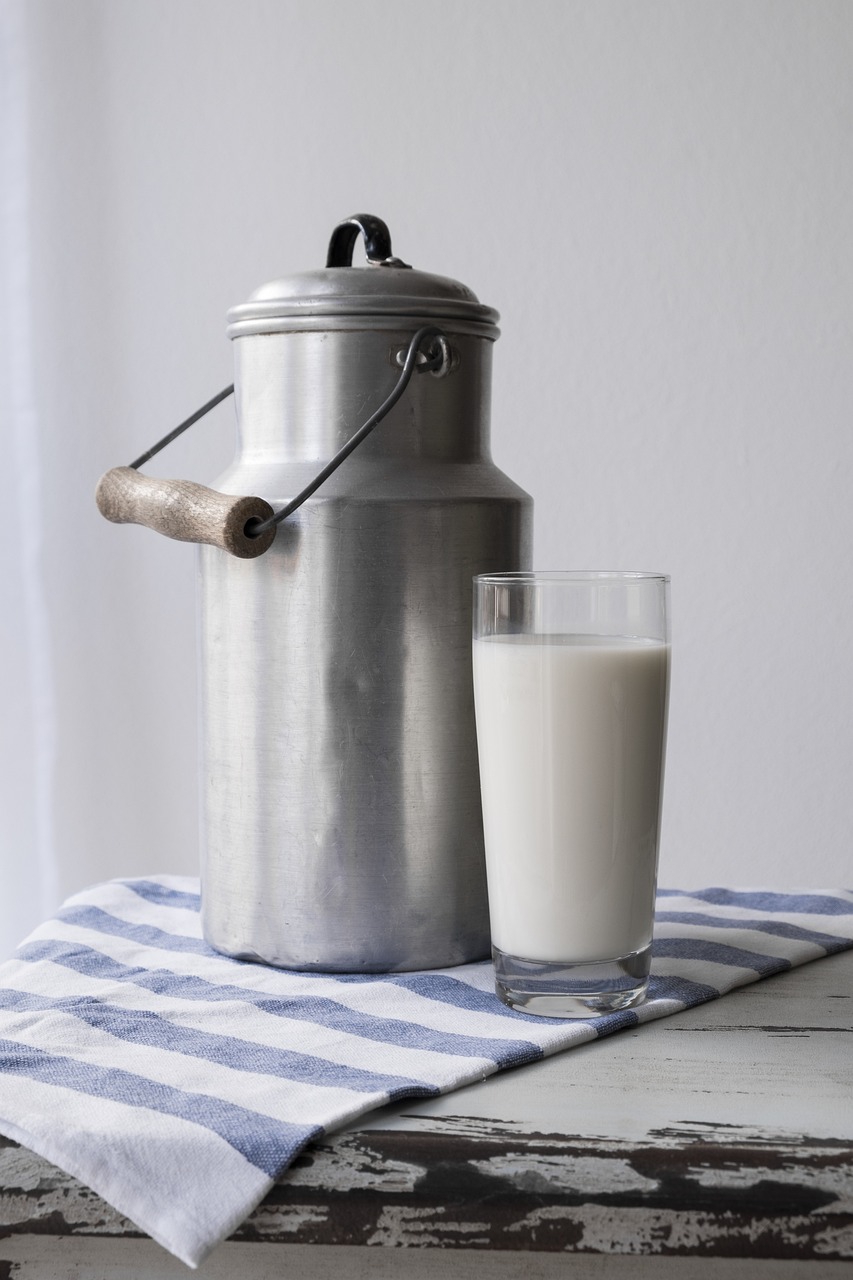BY: LORI KERSEY WV WATCH
Gov. Jim Justice has allowed two bills — one restructuring the state’s unemployment benefit program and another allowing the sale of raw milk — to become law without his signature.
Justice neither vetoed nor signed Senate Bill 841 or House Bill 4911 before the deadline Wednesday night for him to act on legislation.
Senate Bill 841 locks the amount of unemployment benefits as they are, with a maximum benefit rate of $662 per week. It also caps the amount employers will pay into the unemployment fund at the first $9,500 of an employee’s wage and requires that unemployment benefit recipients do at least four work search activities per week.
Proponents of the bill have pointed to the need to stabilize the state’s unemployment trust fund. A study by John Deskins, director of the Bureau of Business and Economic Research at West Virginia University, found that the fund would be exhausted in 22 months during a severe recession with an unemployment rate of 10%.
The bill was criticized for coming soon after two large employers — Cleveland-Cliffs mill in Weirton and Allegheny Wood Products in Grant County — announced closures, laying off hundreds of workers.
Opponents have also expressed concerns about the unemployment benefits being locked at the same amount and not adjusted for inflation, making them less valuable year after year as inflation rises.
Seth Distefano, policy outreach director for the West Virginia Center on Budget and Policy, said a provision requiring unemployment recipients to do four work searches a week sets up “a lot of red tape” to hold on to weekly benefits.
“According to Workforce West Virginia’s own records, there are counties in West Virginia where they don’t have four jobs available right now, at this particular point in time,” he said.
“Between just lack of availability, and the bureaucracy of an unemployed worker having to figure out how they’re going to prove to Workforce [West Virginia] every single week that they are completing these four work search activities, that kind of red tape is really death by paperwork for a lot of people,” he said. “That’s what gets people completely pushed off the benefits they earned through the unemployment system.”
The legislation was opposed by the West Virginia AFL-CIO, a labor organization.
“Workers and their families hope Gov. Justice and legislative leaders sleep well tonight,” AFL-CIO president Josh Sword said in a statement Thursday. “They prioritized ‘fixing’ a problem that doesn’t exist. They should do better — which they won’t — so workers and their families need to elect better!”
In a statement Thursday, Kelly Allen, executive director of the West Virginia Center on Budget and Policy, called the law bad for workers, families and the state’s economy.
“Currently, unemployment insurance replaces about 55 percent of a worker’s lost wages,” Allen said. “When SB 841 goes into effect, that percentage will decrease every year, replacing less and less of worker’s lost wages and making it more difficult for families to make ends meet when they lose a job through no fault of their own. It will also reduce the unemployment insurance system’s capacity to sustain consumer activity during economic downturns.”
Senate Bill 841 is effective Jan. 1, 2025.
Consuming raw or unpasteurized milk has been legal in West Virginia through the use of herd-sharing programs since 2016. House Bill 4911 legalizes the sale of raw milk as long as the containers are clearly labeled as “unpasteurized raw milk” along with the seller’s name, address, the date of production and a warning that “Consuming unpasteurized raw milk may increase your risk of foodborne illness, especially for children, elderly, immunocompromised individuals, and persons with certain medical conditions.”
The final version of the law does not include a contested provision that would have made sellers of raw milk immune to lawsuit and liability for claims related to personal injury for actual or alleged act, error or omission that occurred as long as the act was not intentional.
The bill’s lead sponsor, Del. Mike Hornby, R-Berkeley, called the legislation a “freedom bill.”
“If I want to purchase raw milk from my neighbor, I should be able to purchase and consume that milk,” Hornby told the House Health Committee. “Everybody who drinks raw milk knows it’s raw milk, and they choose to drink raw milk.”
According to the U.S. Centers for Disease Control and Prevention, pasteurization kills a number of germs that cause illnesses, including Campylobacter, E. coli, or Salmonella; viruses; and parasites.
The bill is effective 90 days after it was passed on March 9.
https://westvirginiawatch.com/2024/03/28/unemployment-raw-milk-bills-become-law-without-governors-signature/

